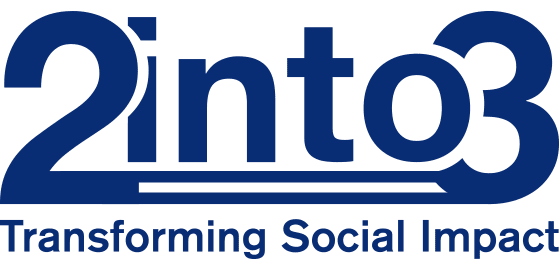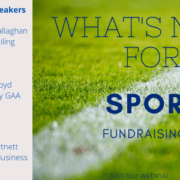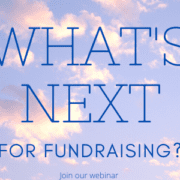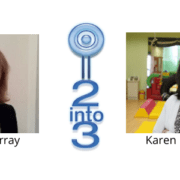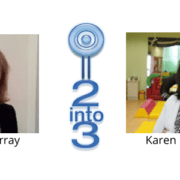Belfast office now open – Lead by Patricia Keenan
We are delighted to announce the opening of our Belfast office, headed up by Patricia Keenan, Management Consultant. Patricia has been a consultant for over a decade after a career in the public and voluntary sector across the island of Ireland and in London. She worked for local authorities, government departments and social enterprises at a senior level before embarking on a career in consulting in 2005, for a diverse range of public and private sector clients. Patricia will lead the business in Northern Ireland and the border counties.
Patricia is an experienced project manager and has led on a number million pound EU funded projects. She has extensive experience in the rural development sector and LEADER funding across Northern Ireland, having previously sat on the Board of the regional LEADER company. She also oversaw the completion of an all Island diversity training programme within the public sector, a first of its kind. With Patricia on-board we are looking forward to offering a full Island of Ireland service to our clients and working more closely with not-for-profits in Northern Ireland and Northwest region.
In March 2020 we opened our Cork office, led by Rob Foley and now 5 months on we are delighted to continue our expansion northwards. Since starting in 2006, we have expanded our service offering to include Fundraising Strategy, Strategic Planning, Organisational Reviews, Recruitment and Research. We have a wealth of knowledge from working across the diverse range of not-for-profit sub-sectors from Social Services and Health to Education and Sport.
